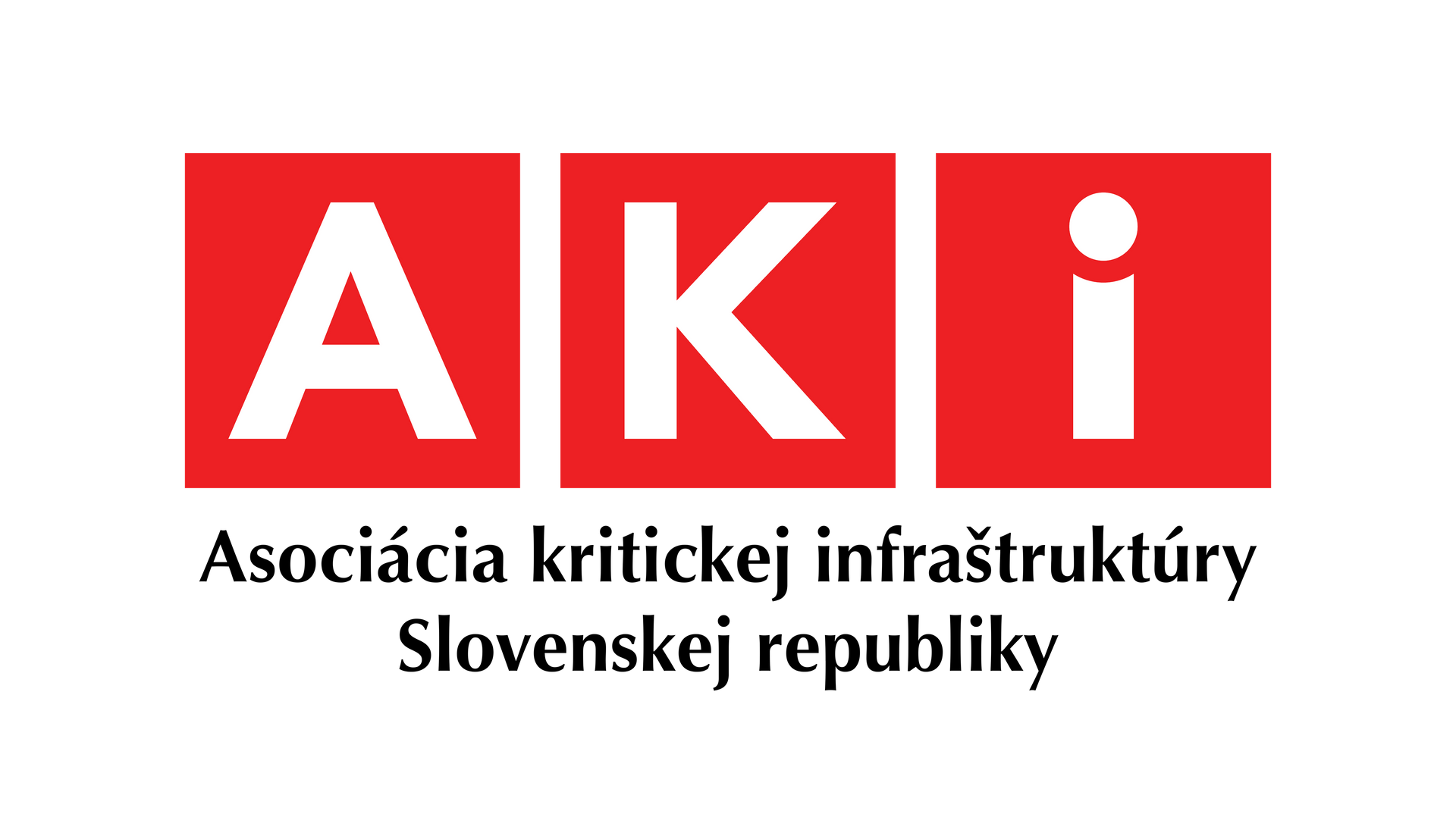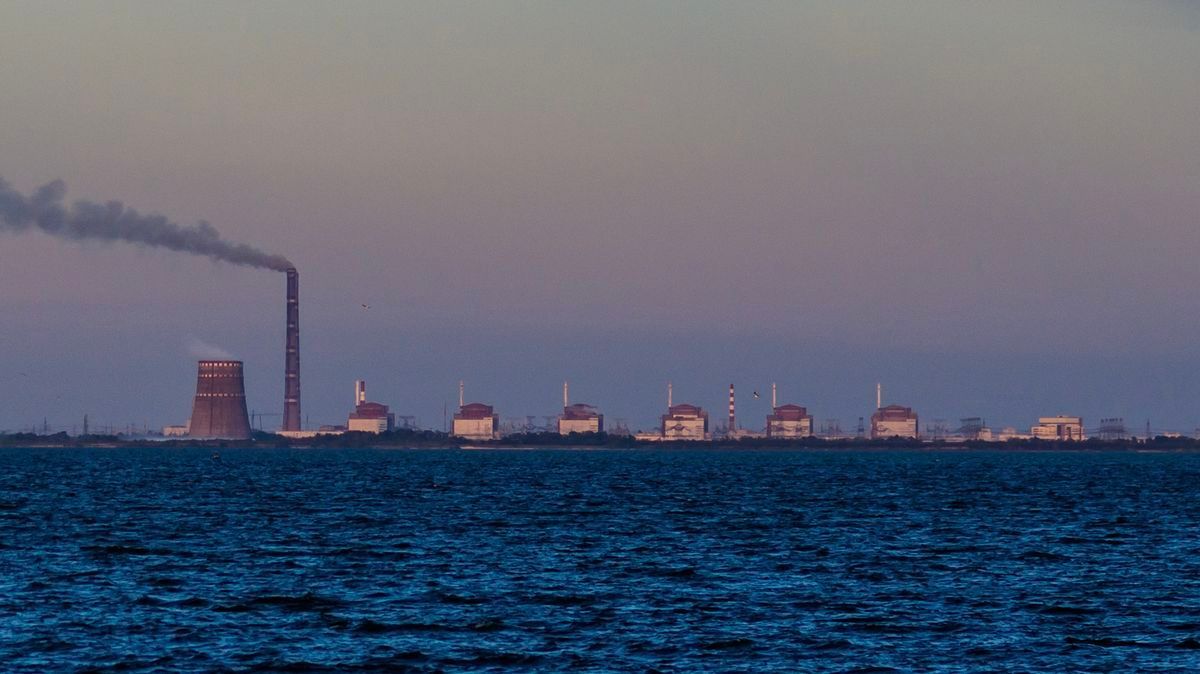Asociácia
kritickej infraštruktúry
Slovenskej republiky
Critical Infrastructure Association of the Slovak Republic
AKI
AKI
Our deep experience in critical infrastructure enables us to support organizations of all sizes across strategic sectors. We are committed to addressing security challenges promptly and professionally so you can focus on your core mission.
About us
The Critical Infrastructure Association of the Slovak Republic (AKI) is a leading professional organization that has been uniting key players in the field of critical infrastructure, cybersecurity, and the defense industry since 2025. As an independent and non-political organization, we focus on creating optimal conditions for the operation and protection of critical infrastructure, strengthening cybersecurity, and supporting innovation in these strategic areas.
Our mission is to actively promote the interests of our members in negotiations with the National Council of the Slovak Republic, the Government of the Slovak Republic and other central government bodies. We support the involvement of members in development and modernization programs, assist in establishing international contacts and create opportunities for increasing export potential.
We provide top-notch professional advice, organize educational activities and coordinate cooperation between members, thereby actively contributing to the development of the critical infrastructure ecosystem in Slovakia. We implement all our activities in accordance with applicable legal standards, security policy and the national defense strategy of the Slovak Republic.
Join us and become part of a community that actively shapes the future of critical infrastructure, cybersecurity, and the defense industry in Slovakia.
Act No. 367/2024 Coll. on Critical Infrastructure
Act No. 367/2024 Coll. on Critical Infrastructure is a new legal regulation that replaces the previous Act No. 45/2011 Coll. and implements EU Directive 2022/2557 on the resilience of critical entities. The Act entered into force on 1 January 2025 and brings comprehensive regulation in the area of critical infrastructure protection in Slovakia.
The Act defines critical infrastructure and essential services, establishes the competences of state administration bodies and determines the procedures for identifying critical entities. The main coordinator is the Ministry of the Interior of the Slovak Republic, which cooperates with central bodies responsible for individual sectors. The Government of the Slovak Republic approves the strategy for the resilience of critical entities.
The legislation covers 11 key sectors: energy, transport, finance, postal services, health, water and air, digital infrastructure, public administration, space, food production, processing and distribution, and industry. The relevant central government authorities are designated for each sector.
The law introduces a new risk assessment system and sets out obligations for critical entities, including the adoption of a security plan and incident reporting. Important deadlines are the submission of a risk assessment by 31 August 2025, the development of a draft strategy by 31 October 2025, its approval by 17 January 2026 and the identification of critical entities by 17 July 2026.
Key changes include a new definition of critical infrastructure, the introduction of the term "critical entity", expanded obligations for operators, strengthened the role of the Ministry of the Interior of the Slovak Republic and more detailed regulation of security measures. The law also establishes sanctions for violation of obligations and regulates the system of control and audit of critical entities.
The aim of the law is to increase the resilience of critical infrastructure, ensure the continuity of the provision of essential services and align Slovak legislation with current European Union requirements in this area. The law places emphasis on incident prevention, physical protection of infrastructure and effective risk management.
The critical infrastructure sectors of the Slovak Republic according to Act No. 367/2024 Coll. are as follows:
Energy
Responsible authority
Ministry of Economy
Sub-sectors
- Electricity
- Nuclear energy
- Central heating and cooling supply
- Oil and petroleum products
- Gas
- Hydrogen
Transport
Responsible authority
Ministry of Transport
Sub-sectors
- Civil aviation
- Rail transport
- Water transport
- Road transport
- Public transport
Finance
Responsible authority
Ministry of Finance
Sub-sectors
- Banking
- Financial markets
- Public finance management systems
Postal services
Responsible authority
Ministry of Transport
Sub-sectors
- Universal postal service providers
Healthcare
Responsible authority
Ministry of Health
Sub-sectors
- Healthcare providers
- EU reference laboratories
- Pharmaceutical research and development entities
Water and air
Responsible authority
Ministry of the Environment
Sub-sectors
- Drinking water
- Wastewater
- Water structures
- Meteorological Service
Digital infrastructure
Responsible authority
Multiple bodies including:
Sub-sectors
- Ministry of Investments, Regional Development and Informatization
- Ministry of Transport
- National Security Agency
- Ministry of the Interior
Public administration
Responsible authority
Ministry of the Interior
Sub-sectors
- Public administration entities
Universe
Responsible authority
Ministry of the Interior
Sub-sectors
- Ground infrastructure operators
Food production, processing and distribution
Responsible authority
Ministry of Agriculture and Rural Development
Sub-sectors
- Food businesses involved in logistics and wholesale distribution
Industry
Responsible authority
Ministry of Economy
Sub-sectors
- Pharmaceutical industry
- Metallurgical industry
- Chemical industry
Act No. 367/2024 Coll. defines the above-mentioned 11 sectors of critical infrastructure of the Slovak Republic, which represent key systems and services essential for the functioning of the state. Their disruption would significantly threaten the security of the state, the economy and the basic needs of the population. The Act identifies areas requiring special protection, establishes the obligations of operators and introduces a unified system of protection of these elements, as their failure could seriously disrupt the normal functioning of society.
Act No. 367/2024 Coll. on Critical Infrastructure represents a direct transposition of Directive (EU) 2022/2557 of the European Parliament and of the Council of 14 December 2022 on the resilience of critical entities (CER Directive) into the Slovak legal order. This fact is explicitly stated in Section 22 and Annex No. 2 of the Act, whereby the Slovak Republic actively participates in a unified European system of critical infrastructure protection. The implementation of the CER Directive through this Act significantly strengthens the position of the Slovak Republic in the European context of critical infrastructure protection and creates the conditions for more effective international cooperation in this area. The Slovak Republic is one of the first Member States of the European Union to have already transposed the CER Directive into national legislation. It entered into force on 01.01.2025.
Critical infrastructure is a fundamental pillar of the functioning of every modern state. Our mission at AKI is to create a platform for effective cooperation between critical infrastructure operators, state authorities and cybersecurity experts. Only through joint efforts can we ensure the resilience of our key systems against current and future threats.
At a time when we face increasingly sophisticated cyber attacks and new security challenges, a coordinated approach to protecting critical infrastructure is essential. AKI was created to support the exchange of experiences, sharing of best practices and the implementation of innovative solutions in this area.
Our vision is a Slovakia with robust and secure critical infrastructure that can reliably serve its citizens and support the country's economic growth. I believe that by joining forces between the public and private sectors, along with active support for research and development, we can achieve this goal.
Bodies of the Critical Infrastructure Association of the Slovak Republic
Main governing bodies
- General Assembly - the highest body of the association, consisting of all members
- Presidium - a collective governing body consisting of the President and two Vice Presidents
- Supervisory Board - a control body overseeing the activities and management
- President - statutory body and representative of the association
- Executive Director - a paid executive responsible for operational management
Key competences of the authorities
General Assembly
Approves strategic documents and changes to the statutes
Elects and dismisses the President and members of the Presidium
Decides on the admission of new members and fundamental issues of functioning
Presidium
Manages activities between General Assembly meetings
Appoints and dismisses the Executive Director
Approves internal regulations and the creation of expert committees
Supervisory Board
Controls management and compliance with the statutes
Supervises the effective use of funds
Submits reports and recommendations to the General Assembly
President
Represents the association externally
Coordinates relations with partners and state authorities
Manages the activities of the Presidium
Executive Director
Provides operational management
Responsible for the internal operations of the association
Prepares documents for the meetings of the authorities
Do you want to become a member?

Critical Infrastructure Association of the Slovak Republic. All rights reserved.
Critical Infrastructure Association of the Slovak Republic
Bratislavska 853
911 05 Trencin
Slovak Republic
ID: 56769555
VATIN: 2122475828
info@akisr.sk
AKI News



